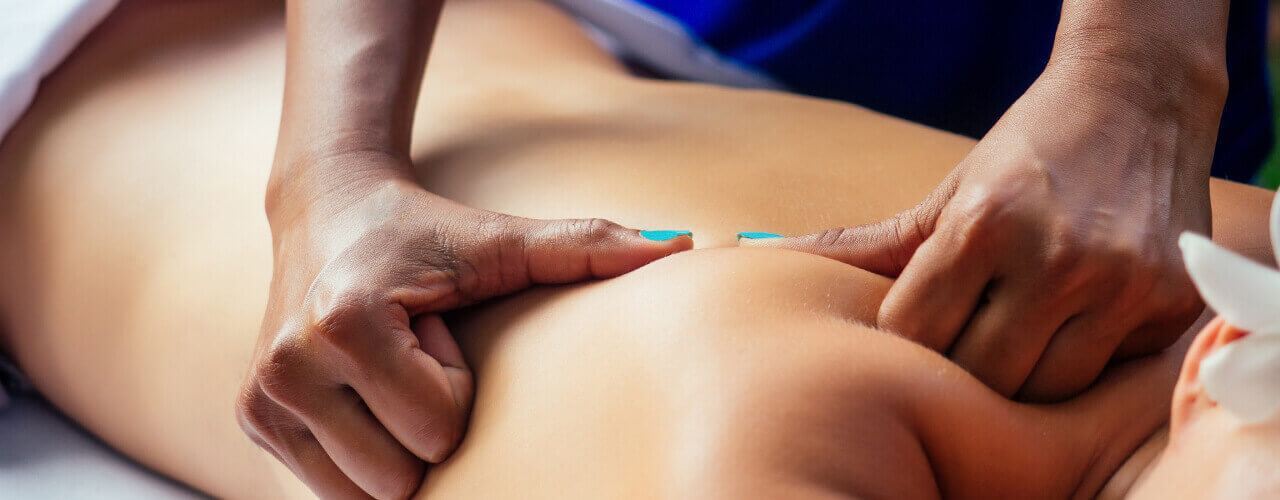If Your Back Pain Is Caused by a Herniated Disc, Physiotherapy Can Help
Are you currently living with herniated disc pain? Your spine is composed of parts known as “spinal discs,” or rubbery cushions that rest inside the tough casing of vertebrae. The equilibrium between these two layers is critical for supporting your upper body and allowing for a full range of motion in all directions.
Herniated discs can irritate or compress nearby nerves and cause back pain, neck pain, limited movement, and numbness or weakness in the arms and legs. We understand how difficult it can be to manage these symptoms.
If you have a herniated disc, call our office today to learn how physiotherapy can help you recover. In the meantime, continue reading for five ways you can begin to manage your herniated disc pain Burlington, ON right now.
1. Avoid a sedentary lifestyle
Not everyone who has a herniated disc experiences symptoms. However, when symptoms are present, they can be extremely uncomfortable or even disabling. Chronic pain like this can completely disrupt your daily routine and make you feel as if you’ve been locked out of your life.
When your herniated disc pain is disruptive to this level, physical activity might be the last thing on your mind. However, regular exercise can relieve painful symptoms of herniated discs and facilitate disc healing. Studies show that regular exercise can also reduce the risk of degenerative disc disease and improve your long-term spine health.
Before you start exercising, it would be wise to communicate with your doctor or physiotherapist. When you have a herniated disc, certain exercises or movements are not safe to perform. A physiotherapist can prescribe you appropriate, healing activities that are tailored to your specific needs.
2. Practice good body mechanics and posture
Did you know that movements including repetitive bending, heavy lifting, and slouching can increase your risk of a herniated disc or worsen existing symptoms?
Poor posture and improper movement patterns place excessive strain on your joints, muscles, tendons, and ligaments. It also can damage many of the core muscles that are needed to keep you upright and healthy. That’s why learning how to use proper body mechanics during all of your daily activities is so beneficial.
Your physiotherapist can perform functional testing to determine what movement patterns may be contributing to your herniated disc pain.
Your physiotherapist can also recommend custom orthotics, lumbar support pillows, adjustable standing desks, and adaptive equipment like four-wheeled walkers and shoe horns to improve your pain and encourage healthy movement.
3. Strengthen the muscles in your core, shoulders, hips, and ankles
You need a strong and stable core to have a healthy spine. By core, we mean your trunk muscles on your front, sides, and back, not just your abs.
All your trunk muscles work together to stabilize your spine and ensure your discs and other tissues remain healthy and appropriately aligned. However, common things such as excessive sitting can weaken your core over time.
Performing exercises that improve the coordination and endurance of your trunk muscles promotes disc healing and relieves painful herniated disc symptoms. Certain strengthening exercises can also lessen your risk of developing another herniated disc in the future.
Proper spine health is also dependent on the muscles in your shoulders, hips, and ankles. For example, if your hamstrings become short due to poor posture and excessive sitting, they can abnormally pull on and stress the joints, ligaments, and other tissues surrounding your spine. Over time, this can create increased shearing forces and pressure, which may contribute to disc problems and other types of injury.
These aspects of spinal health are best addressed with physiotherapy. A physiotherapist Burlington, ON can teach you exercises to improve core stability and endurance while also identifying and resolving mobility issues in other parts of your body.
4. Adopt healthy habits
In addition to staying active and using good body mechanics and posture, adopting healthy lifestyle habits can optimize your disc health as you age. All the following habits can potentially improve your disc health:
- Not smoking
- Eating a nutrient-dense diet that features lean protein, veggies, fruit, and healthy fats
- Staying well-hydrated
- Maintaining an ideal body weight
- Minimizing your risk of injury, (i.e. wearing your seat belt and wearing sturdy supportive shoes)
- Managing your stress (i.e. attending therapy for your mental health or exercising regularly)
5. Try physiotherapy
If your herniated disc pain is severe, but you’re understandably hesitant to undergo surgery, consider seeing a physiotherapist.
At (Practice Name) we can offer you non-invasive treatment modalities that promote healing in a safe and natural way. Our team of movement experts will customize your treatment plan to fit your unique needs, while reducing your need for prescription medication or surgery.
On the other hand, if you have already undergone surgery, you can still benefit from physiotherapy. Patients who include physiotherapy Burlington, ON in their rehabilitation program typically recover faster to avoid postoperative complications.
Ready to put herniated disc pain behind you?
If you’re at your limit with herniated disc pain, know that relief is in sight. At Progressive Sports Medicine, we can offer you a variety of therapeutic modalities that lessen your painful symptoms and improve your spinal disc health.
Contact Progressive Sports Medicine today to schedule a consultation and start your journey towards a more comfortable and active life.
Tags: joint pain, chronic pain, Natural Pain Relief, Natural Treatment, Physical Activity, Physiotherapy, aches and pains, physical health, physical therapists




